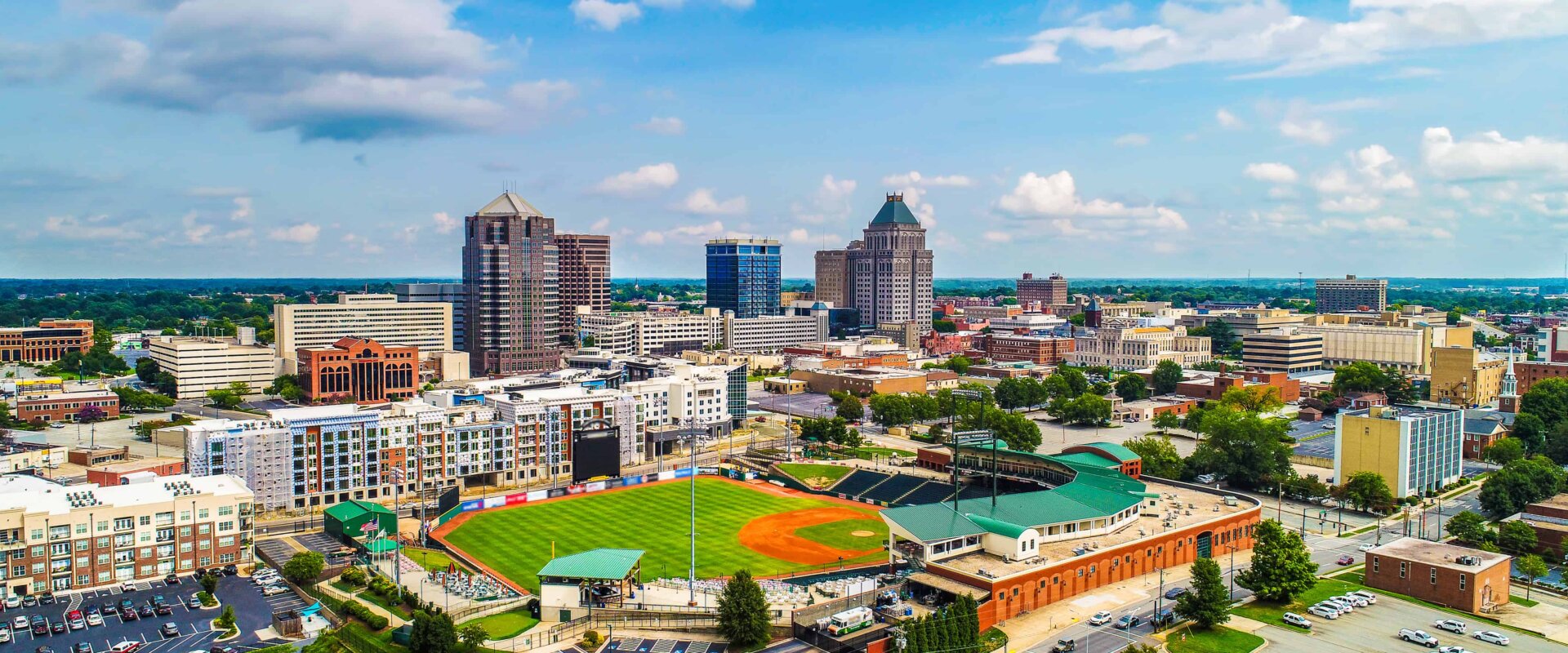Introduction
Although closing the sale is an important step in the home-selling process, it does not mean that your duties as a seller are complete. There are still some important things that need to be done after the sale to make sure that everything goes smoothly for both you and the buyer. The time after the sale is just as important as the selling process itself. It’s when you settle your debts and update your personal information.
People who are selling their homes in Greensboro need to follow a set of steps in order to do it right and feel confident about moving on. It’s important to know about these things after you sell your home, whether it’s paying off your mortgage, switching services, or dealing with the emotional side of leaving your home.
After you close on your Greensboro home, this guide will show you everything you need to do to stay organized, follow the rules, and be ready to start the next part of your life.
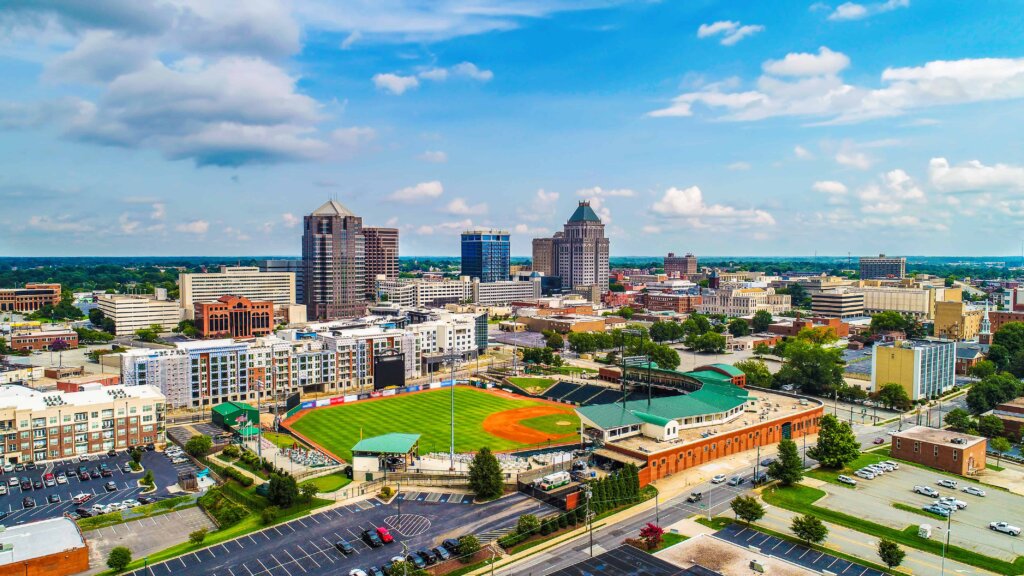
This home selling guide is prepared by professional home buyers from Cardinal House Buyers
Finalizing Financial Obligations After Closing the Sale
You need to take care of your remaining debts once you’ve successfully closed on the sale of your Greensboro home. Taking the steps needed to finalize these financial issues will make sure the shift goes smoothly and avoid any surprises down the road. Here are the most important financial jobs to do after the sale:
Pay Off Remaining Debts or Mortgages
After the sale is finalized, one of the most important things you need to do is make sure that any loans or mortgages that are still due are paid off. This is usually taken care of at the closing, but it’s important to make sure that your mortgage company has released the lien on your home and that you don’t have to make any more payments.
Ask for a Payoff Statement: If your mortgage sum isn’t paid off in full at closing, ask your lender for a payoff statement to make sure the last amount is covered.
Pay off any home equity loans or lines of credit. If you have a home equity loan or line of credit (HELOC), make sure that the sale profits are also used to pay these off or settle them.
Settle Property Taxes and Utility Bills
There may still be property taxes, electricity bills, or other local fees that need to be paid after the sale is over. These costs are usually split up at closing, but it’s important to make sure they are all paid for.
Read the Closing Statement. The closing statement should explain how the buyer and you split the property taxes. Check this again to make sure there are no mistakes.
Pay any past-due utility bills: If you didn’t pay for services when you closed, make sure you pay off any water, gas, electricity, or other bills that you still owe before you move out.
Final Water Meter Reading: To avoid being charged for water use after the sale, call your local water utility company and ask for a final reading of your meter, especially if this wasn’t done at the close.
Handle Escrow and Closing Costs
An trust account may have been set up during the closing process to cover some of the fees and costs that came with the sale. Make sure you follow up on any things that are still in the trust account and take care of them.
Check the Escrow Account Disbursements: Make sure the escrow company has sent money to cover any outstanding fees, like agent commissions, title fees, and other costs connected to the closing.
Keep an eye on any closing costs that are still outstanding: If there were any extra closing costs that weren’t covered by the sale, make sure they are paid off right away to avoid problems in the future.
Confirm the Sale and Any Remaining Financial Statements
Keep in mind that you should get a final settlement statement or close disclosure from your escrow company or lawyer after the sale. This paper will show how the money was spent, including how much was paid to your mortgage company, how much the agent was paid, and any other fees that were involved.
Documentation for Tax Filing: Make a copy of this document and keep it for your tax records. You may need it when you file your taxes, especially if you need to report a gain or loss on the sale of your home.

Transfer of Property and Keys
One of the last things that needs to be done to complete the sale of your Greensboro home is to give the keys to the new buyers. This step is very important to make sure the sale is final and legal. To avoid any confusion or legal problems, it’s important to know all the details of giving someone else control and the keys to your home. Here is a list of what you need to do:
Confirming the Transfer of Ownership
You officially own someone else’s home as soon as you close on the sale. To make sure everything is okay, you should check with the Greensboro County Clerk’s Office to make sure the deed was entered correctly. This is a necessary step for officially giving the buyer ownership. This is usually taken care of by the title company handling your closing, but it’s a good idea to check back to make sure the deed is recorded and the sale is officially recorded.
Returning the Keys and Property Documentation
Following the completion of the sale, it is time to give the new owner the real keys and any other important property paperwork. Among these are:
Keys to your home (front door, garage, mailbox, etc.)
Openers for garage doors
The codes and instructions for your security system
Owner’s guides for home features or tools
To avoid problems in the future, it’s important to make sure that all keys and paperwork are returned. A lot of buyers will want these things to be given to them during or right after the close. If you moved out before the official close, make sure these things are ready to be moved safely.
Final Walkthrough and Property Condition
This does happen before the sale goes through, but many buyers will ask for a final tour right before the sale goes through. This is a chance for the buyer to make sure the house is in the state that was agreed upon in the contract. As long as everything checks out, the deal will go through and you will hand over the property.
The buyer may also want more help or knowledge about the property after the sale is finalized. You should be ready to answer any questions they may have about the house’s features or upkeep.
Taking Care of Remaining Responsibilities
There may still be things that need to be done with the property after the sale is over, like making sure that all personal items are taken away and the property is in good shape. It’s important to leave the house clean and ready for the new owner to move in. This will help you build trust and avoid legal problems in the future.
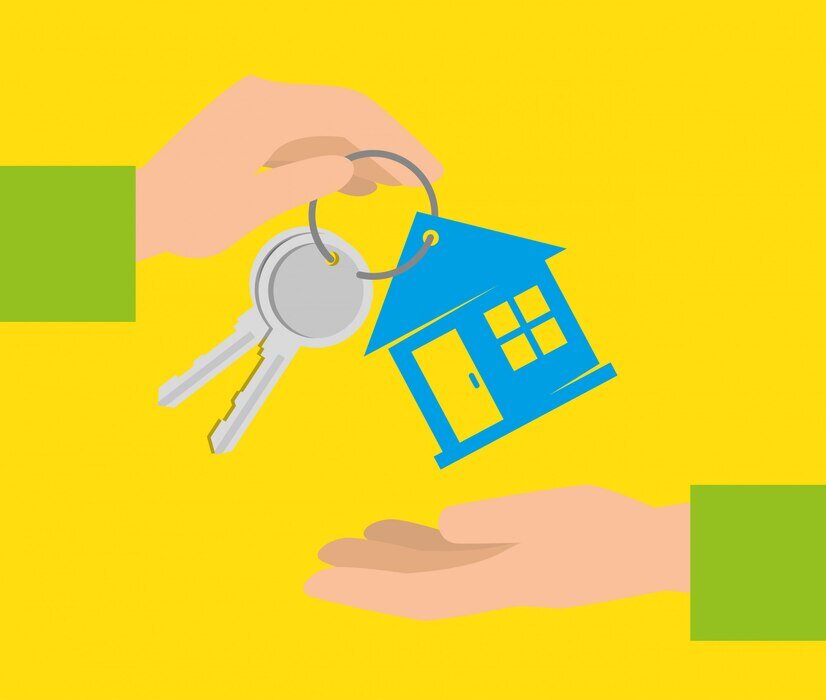
Tax Implications and Reporting
When you sell your Greensboro home, you have to complete some important tax forms and give information to the government. It is very important to know how the sale of your home can affect your taxes and be ready for the financial obligations that will come after. Know this:
Capital Gains Tax and Closing the Sale
The possibility of capital gains tax is one of the most important tax issues to think about after you sell your home. If the value of your home has gone up since you bought it, you might have to pay taxes on the extra money you made when you sold it. There are, however, exceptions that may lower or get rid of this tax duty for a lot of homeowners.
Exclusion of Capital Gains: The IRS says that homeowners can exclude up to $250,000 in capital gains ($500,000 for married couples) from the sale of their main home, as long as certain conditions are met. Living in the house for at least two of the five years before the sale is part of this.
You should talk to a tax expert to make sure you can use this deduction, especially if you’ve owned the property for a long time or made big changes to it.
Reporting the Sale on Your Tax Return
You have to report the sale of your home on your tax return as soon as the deal is done. The IRS wants you to report the sale of your home, even if you don’t owe any taxes on it.
Form 1099-S and Reporting to the IRS: If you sell your home and make a taxable gain, the closing agent or title company will usually give you a Form 1099-S to report the deal. The sales price is on this form, and you need to include it on your tax return.
You still need to report the sale even if you qualified for the capital gains exclusion. Any profit over the exclusion amount should be added to your taxable income.
Schedule D for Capital Gains:
If your gain is more than the limit, you will need to report it on Schedule D of your tax return. This will show you how much money you made from the sale and how much you have to pay taxes on.
Deducting Selling Expenses After Closing the Sale
When you sell your home, you can subtract some of the costs that came with it from your taxable gains. This lowers your overall tax bill. Some of these costs are:
Agent commissions
Closing charges, such as attorney fees, title fees, and so on
Changes and fixes that were made to the house before it was sold
Keep careful records of these costs, as they may help you lower your tax bill when you report the sale and cancel out any gains.
State and Local Tax Considerations
When you sell your Greensboro home, you should think about more than just the federal taxes that apply. You should also think about the state and local taxes that apply. In North Carolina, for example, there are specific rules about how land sales are taxed, and you may have to pay local capital gains taxes.
North Carolina Taxes: There is no special capital gains tax in North Carolina, but any federal capital gains taxes that are due will still be due. Before you sell your home, you should make sure you know how the tax rules in your state affect the sale.
Consulting a Tax Professional
It’s very important to talk to a tax expert or financial adviser because the tax effects of selling your home can be complicated. They can help you understand capital gains, make sure you meet filing requirements, and make sure you get all the deductions and exemptions you are entitled to.
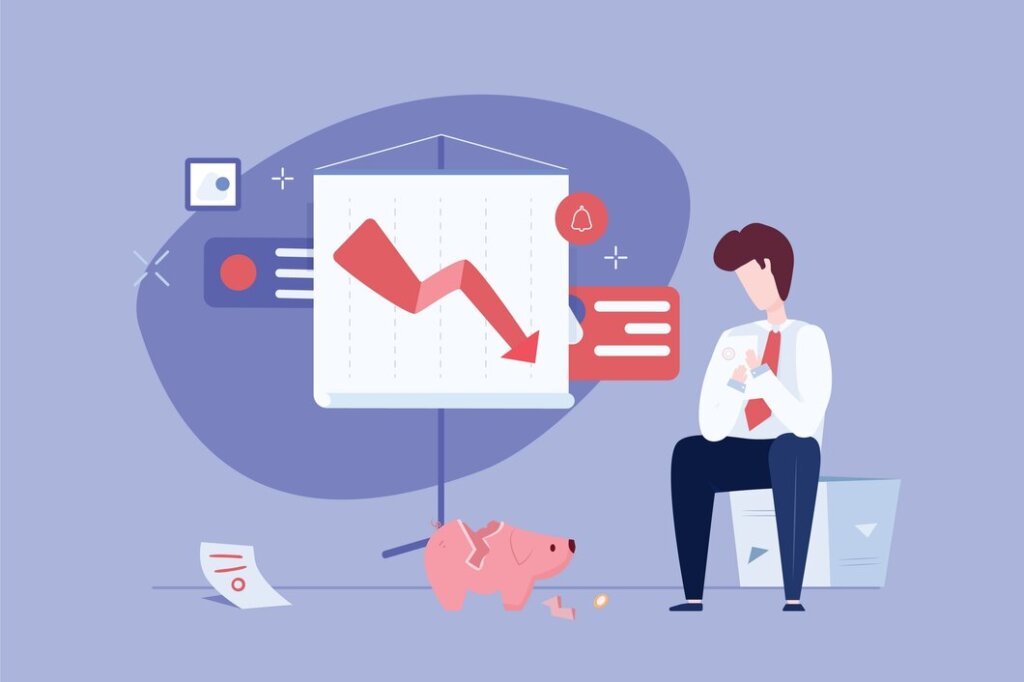
Moving Out and Post-Move Logistics
Once you’ve sold your Greensboro home, it’s time to plan how you’ll move out and make sure the process goes smoothly. Whether you’re moving to a new place or a new home, these important things need to be done before you move. They will also help you stay more organized. Here is a list of things you should do to get ready to move after the sale.
Organize Your Move: Hire Professionals or Move Yourself
One of the first things you’ll have to decide is how to move your things after the sale is finalized. Some people would rather move themselves, while others would rather hire professional movers. Each choice has its own benefits:
Professional Movers: It can save you time and energy to hire a moving company. Professional movers can quickly pack, load, and move your things whether you’re moving within Greensboro or to a nearby town. Several movers should give you quotes, you should read reviews of them, and they should be licensed and protected.
Moving Yourself: If you want to save money, renting a moving truck and doing the move yourself could be the best choice. Get ready for how hard moving will be on your body, and think about asking family or friends for help. Plan your packing ahead of time to save yourself stress after the sale.
Plan Your Packing in Advance
Packing well is the most important thing for a smooth move after the sale. Clear out your home to begin. Going through your things before the move can help you cut down on the number of things you need to move, which can save you time and money.
Sort Items Into Categories:
Make groups for things like “keep,” “donate,” and “throw away.” If you’re shrinking, be honest with yourself about what you really need.
Label Boxes Clearly: As you pack, write on each box what’s inside it and what room it goes in. This will help you and your workers (if you have them) stay organized while the move is going on. Also, keep important things like toiletries, medicines, and papers in different places so they are easy to find.
Handling Utilities and Services After Closing the Sale
It’s important to take care of any last utility and service issues after you’ve sold your old home and moved out. Don’t pay for things you don’t need, so make sure to move or cancel your utilities:
Electricity, gas, and water: Call your local utility companies and tell them you’re moving and need to cancel your services. Make sure all the last bills are paid, and if you need to, ask for one last meter reading.
Internet, Cable, and Phone Services: Don’t forget to set up a time for your internet, cable, and phone services to be disconnected or moved to your new home.
Mail Forwarding: It’s important to change your shipping address after the sale. For up to a year, you can have the post office send your mail to your new home. You can also do this online.
Cleaning Your Home for the New Owners
Have you already closed on the sale of your home? If so, you’ll want to leave it in the best shape possible for the new owners. To make sure everything goes smoothly, make sure the house is spotless before you hand over the keys. It’s polite to leave the room clean, even if the buyers plan to fix it up.
Deep Cleaning: Pay attention to cleaning places like the kitchen, bathrooms, and floors really well. If you can, you might want to hire professional cleaners to make sure everything is spotless.
Last Touches: Before you leave, check the house one last time to make sure you didn’t forget anything important. Check the drawers, cabinets, and closets, and also make sure the sheds, garages, and other outdoor areas are safe.
Getting used to your new home
As soon as the moving details are taken care of, you can start getting used to your new home. As soon as the deal is done and you leave your old home, it’s important to feel safe and at ease in your new one. To help you get through the change, here are some tips:
Plan your unpacking: First, unpack the things you need, and then organize your living areas. First, clean the rooms you use the most, like the kitchen and bedroom. Then, slowly move on to the other rooms.
Change Your Information: Make sure you tell the DMV, your bank, and other important places your new location. This makes sure that packages and mail that are important get to the right place.
Get to Know Your New Neighborhood: Look around your Greensboro neighborhood. Look for grocery shops, medical facilities, schools, and restaurants in your area. Getting to know your new home will help you feel at ease faster.
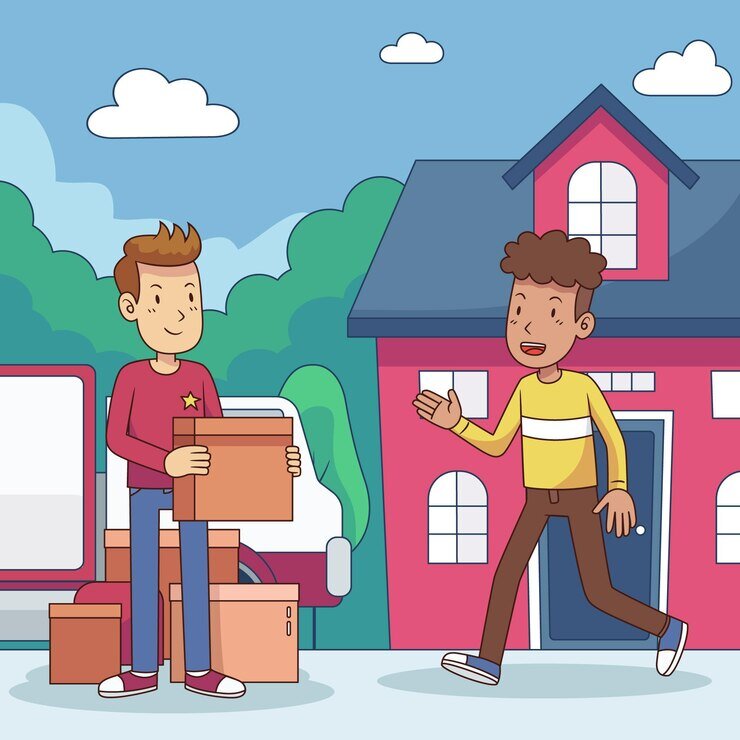
Updating Personal and Legal Information
It’s important to keep your personal and legal information up to date after closing on the sale of your Greensboro home. This step helps you stay on top of your legal and financial responsibilities and makes sure that all of your records are correct. Here’s a plan to help you stay on track after the sale:
Notify the DMV and Update Your Driver’s License
After you sell your house, you need to let the North Carolina Department of Motor Vehicles (DMV) know that your address has changed. It’s important to do this for both your driver’s license and your car registration. If you don’t change your address within 60 days of moving, you could be fined. Check the DMV online or go to their local office to make sure your records are up to date and your ID information is correct.
Update Your Voter Registration
Don’t forget to change your address on your voter registration when you close on the sale of your Greensboro home. This makes sure you can vote in the next federal, state, and local elections. You can change your address on file at the DMV or online when you renew your driver’s license. Making sure that the information on your voter registration is correct also helps protect your right to vote.
Inform Your Bank and Financial Institutions
Next, let your bank and any other financial institutions know that your address has changed after the sale. Credit card companies, mortgage lenders (if you have one), and loan agencies are all in this group. To avoid any misunderstanding about your bills and statements, it’s important to keep your financial accounts up to date. By updating your contact information, you can make sure that you keep getting important papers like tax returns, account updates, and security alerts.
Notify Insurance Providers
Once the deal is done, let your home insurance company know that you have sold your house. Depending on whether you are renting or moving into a new home, you will need to either cancel your insurance or move it to someone else. If you buy a new home, make sure that your insurance policy is up to date. If you move and your new home is in a different place, don’t forget to update your car insurance. This can change your rates.
Update Utility Services and Providers
It is crucial to make sure that all of your utility accounts are transferred out of your name after the sale is complete. Call your gas, power, water, and trash service providers and let them know about the sale. In addition, make plans to have the services set up at your new home. Keeping up with your energy bills and service can help you avoid billing problems and service interruptions.
Notify the IRS and Update Your Tax Records
After the sale, make sure that the IRS and your state’s tax office have your new address. This will keep your taxes clear. This is very important if you want to get tax refunds, warnings, or changes to your tax returns in the future. Make sure you send in IRS Form 8822, which is a Change of Address form, so that your tax records show that you have moved.
Inform Health Insurance and Medical Providers
If you have health insurance, you should let your provider know that your home has changed after the sale. Also, make sure that all of your medical records and bills are sent to the right place by telling your doctors, dentist, and any other health care workers your new address. This keeps your healthcare needs from being delayed or misunderstood.
Update Subscriptions and Memberships
Finally, don’t forget to change any memberships or payments that were linked to your old address once the sale is over. Changing your address will make sure that you keep getting your subscriptions, whether they are for magazines, online services, or local groups. You won’t miss any important mail or services.
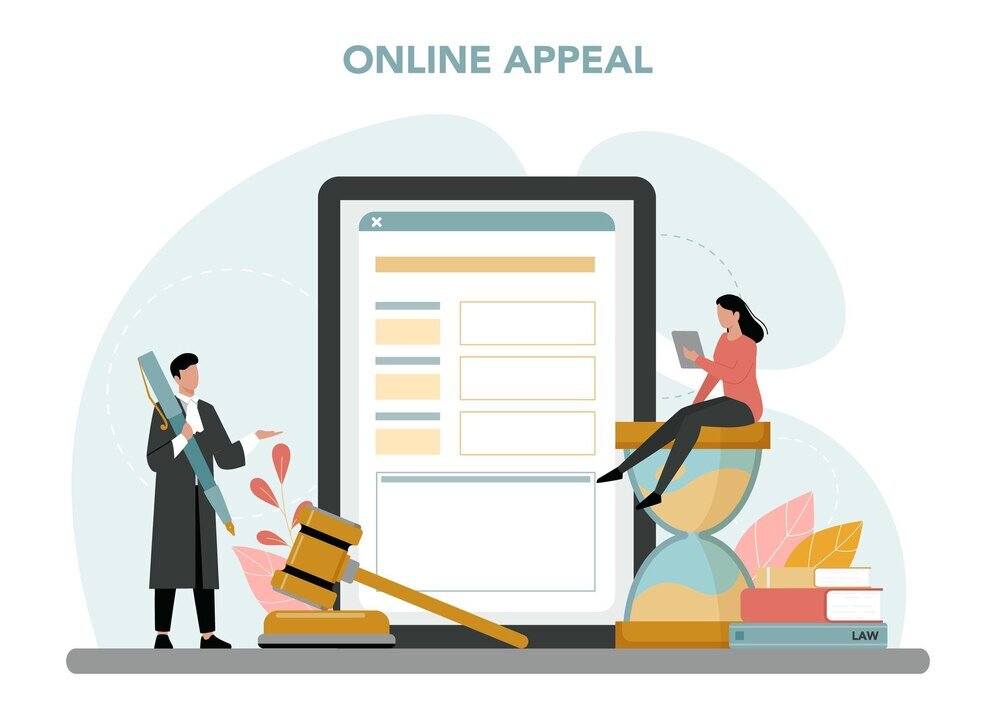
Conclusion
Closing the Sale of your home is a significant milestone, but it’s just the beginning of a new chapter. There are a few important things that need to be done after the deal is done and the keys are turned over to make sure everything goes smoothly and protect your interests. Every thing you need to do after the sale is important, from paying off debts and making sure your legal information is up to date to making sure the property move goes smoothly.
By getting these things done right away, you’ll not only stay prepared, but you’ll also avoid problems that might come up in the future. These steps will make sure you are fully prepared for what comes next, whether it’s dealing with the tax consequences, changing your homeowner’s insurance, or just getting over the emotional side of moving.
Don’t forget that making the sale is only the beginning of what’s to come. You can close this part of your life with peace of mind, knowing that you’ve done everything that was needed for a smooth shift, if you stay proactive and careful with post-sale details. When you need to, don’t forget to talk to professionals like real estate agents, tax experts, and lawyers. They can help you with the smaller issues. If you take the right steps, the time after the sale in Greensboro can be just as successful as the time before the sale.


But it gets better:
You can sell fast without an agent with no rush to move. You don’t have to move out right away; you can stay in your home for awhile until you locate another home.
We are confident that we can help you today – regardless of the situation.

